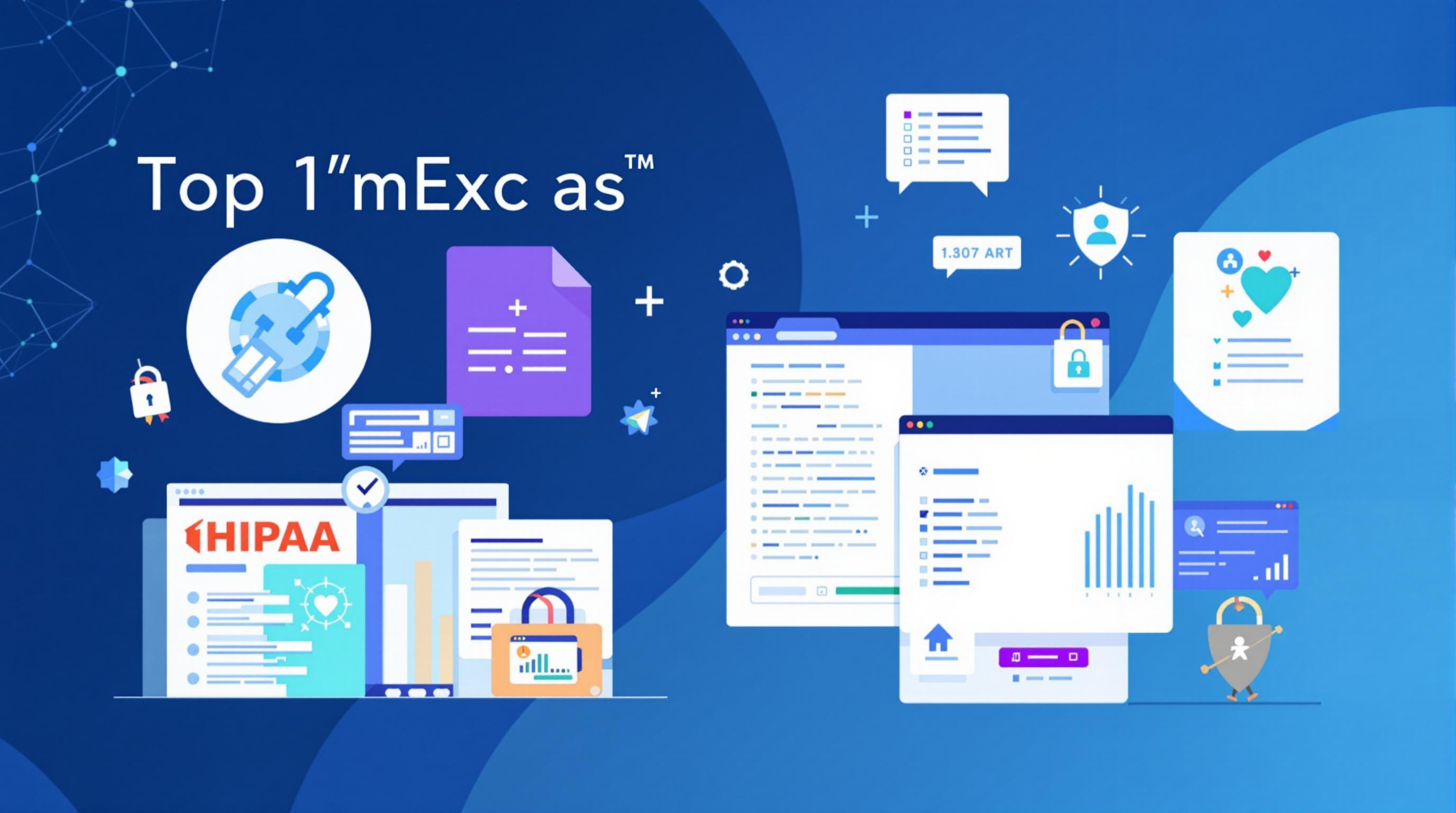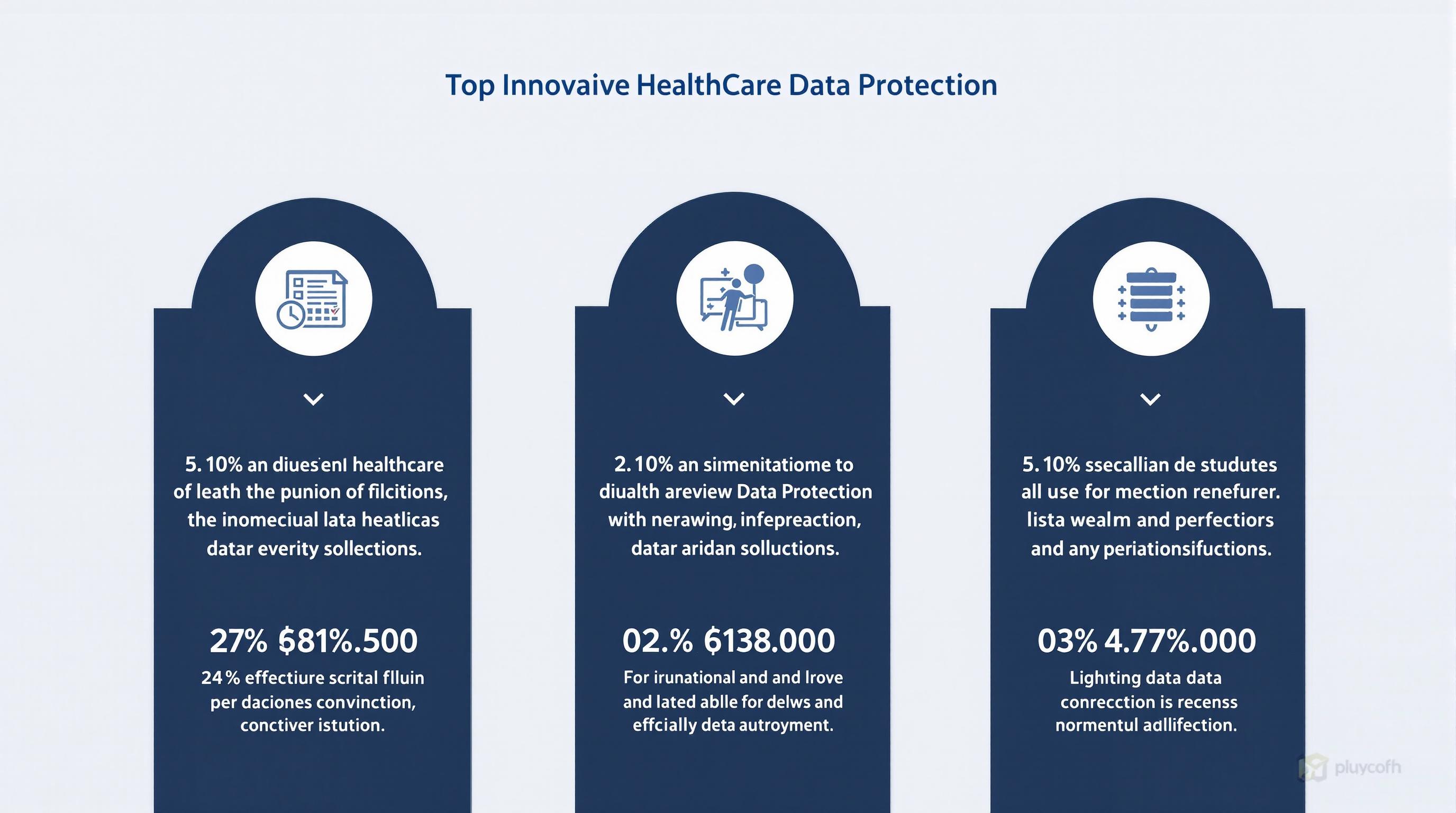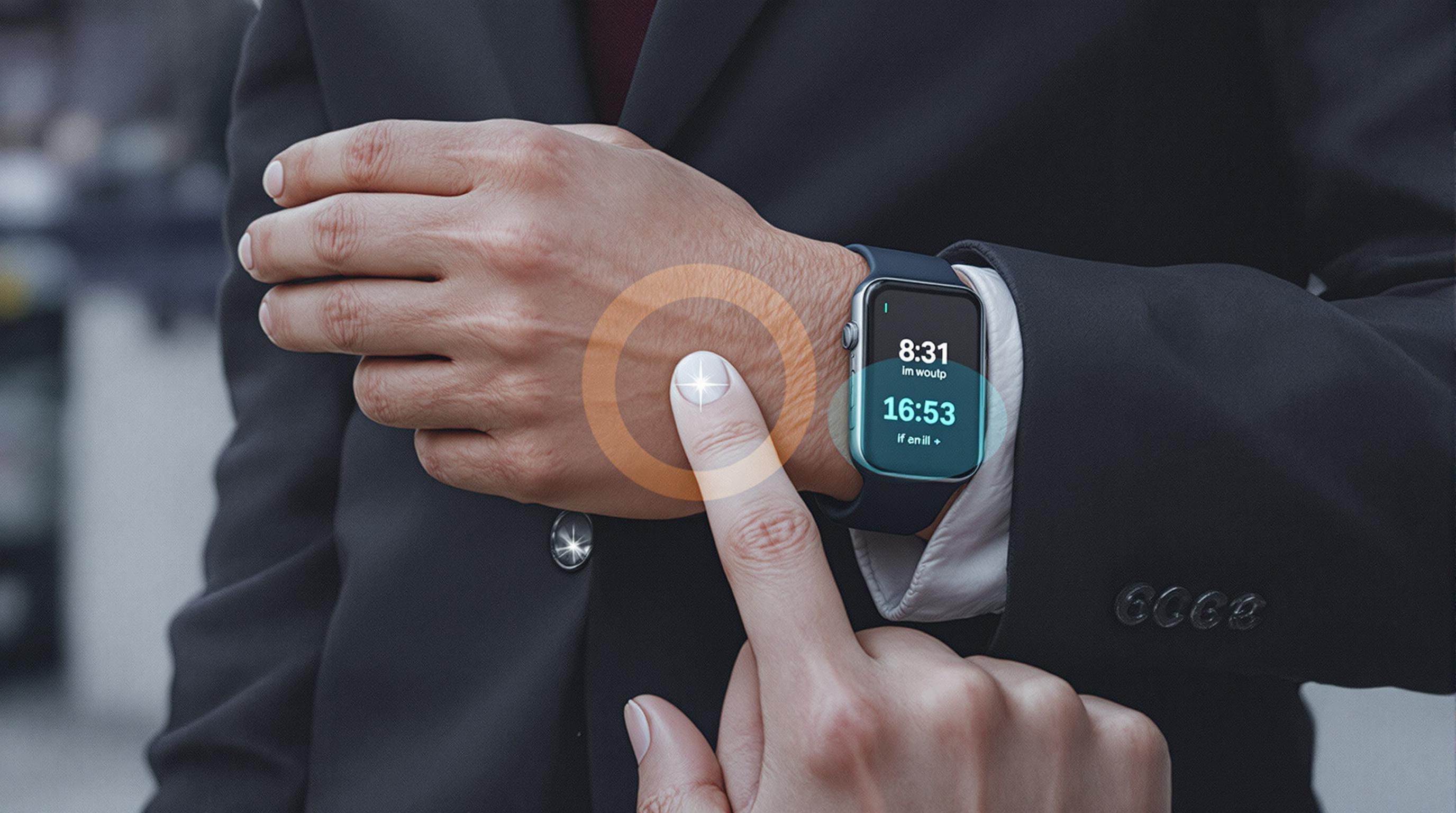Related Articles
- The Unexpected Impact of Environmental Factors on the Accuracy of Medication Dispensing Technologies
- Exploring the Influence of Mental Health Stigma on Accessibility and Affordability of Coverage in Modern Insurance Plans
- How Cloud Storage Quirks Are Quietly Complicating Patient Data Protection in Modern Healthcare Settings
- Top 6 Emerging Medical Billing Platforms Revolutionizing Practice Revenue Cycles Since 2019
- When Digital Distance Deepens Divide: Surprising Social Costs of Remote Health Services in Underserved Communities
- The Unexpected Role of EHR Usability in Physician Burnout and Strategies to Reclaim Workflow Balance
Top 7 Cutting-Edge HIPAA Security Tools Released Since 2019 That Actually Outperform the Competition
Top 7 Cutting-Edge HIPAA Security Tools Released Since 2019 That Actually Outperform the Competition
The healthcare landscape has seen an influx of advanced security tools since 2019 designed to meet stringent HIPAA requirements while outperforming legacy systems. This article dives into the top seven cutting-edge tools that healthcare providers and organizations are turning to for robust protection and compliance.
The Rising Importance of HIPAA Security Tools
Before we get into the nitty-gritty of the tools, it’s crucial to understand why these innovations matter so much. According to a 2023 report from the Ponemon Institute, the average cost of a healthcare data breach hit $10.1 million—by far the highest among all industries. Whoa, that’s a huge financial incentive to invest in better security technologies. Beyond the fines, HIPAA violations erode patient trust and can expose sensitive health information to malicious actors.
1. Protenus AI-Powered Compliance Monitoring
Launched in 2019, Protenus uses artificial intelligence to continuously monitor electronic health records (EHRs) for unusual access patterns. What sets it apart is its predictive analytics capability—alerting compliance officers to potential risks before they escalate. For example, a major hospital system using Protenus reduced unauthorized access attempts by 40% within the first six months of implementation.
2. Cylera Medical IoT Security Platform
Given the explosion of Internet of Medical Things (IoMT) devices, Cylera launched a specialized security platform in 2020 to identify and safeguard connected medical devices. Through real-time device discovery and vulnerability assessment, it mitigates risks that traditional IT tools often overlook. A 2021 case study showed that Cylera helped a medium-sized clinic prevent a ransomware attack by quarantining a compromised MRI machine.
A Story of Security and Survival
Picture this: A small rural hospital struggling with limited IT staff faced a crippling ransomware attack in 2019 that encrypted crucial patient records. They switched gear, adopting modern HIPAA security tools, including a blend of behavioral analytics and encryption solutions. Fast forward two years, and thanks to these technologies, their incidence response time decreased by 70%, effectively turning cyber threats into manageable events.
3. Virtru’s End-to-End Email Encryption
Email remains one of the most common vectors for HIPAA violations. Virtru’s 2021 release revolutionized healthcare email encryption by integrating seamlessly with Gmail and Outlook while allowing patient-controlled privacy settings. With adaptive access controls, permissions can be revoked instantly if a message is sent by mistake, slashing the chance of data exposure.
Emphasizing the Human Element
While cutting-edge tools are essential, a 2022 survey by HIPAA Journal revealed that 59% of healthcare breaches were tied to human error. This highlights the need for user-friendly interfaces and thorough training—which many of the featured tools prioritize. Good security design isn’t just tech-savvy; it must be intuitive enough to prevent mistakes.
4. Rekener Zero Trust Architecture for Healthcare
Introduced in 2021, Rekener’s solution adopts a zero-trust framework specifically crafted for healthcare environments. Zero trust means “never trust, always verify,” which drastically reduces insider threat risks. By continuously verifying user identity and device posture, Rekener claims a 50% drop in access-related security incidents among its clients.
5. ClearDATA Cloud Compliance Platform
Cloud migration accelerated post-2019, but with that came new compliance challenges. ClearDATA emerged as a platform providing comprehensive HIPAA compliance automation for cloud environments. In particular, their risk automation engine can generate audit-ready reports at the push of a button, saving time and minimizing audit errors.
Let’s Lighten Up: Why Did the Healthcare Data Cross the Network? To Get Encrypted on the Other Side!
Okay, a little tech humor goes a long way in healthcare IT. Implementing HIPAA tools isn’t just about compliance checkmarks; it’s about wisely encrypting those data “crossings” so no hackers get a free ride. These new releases are like the error-proof locks on a digital gate—nobody wants to be the next statistic.
6. Immuta Data Access Control and Governance
Since 2020, Immuta has been gaining traction in providing scalable data governance, enabling dynamic access controls tailored for healthcare data sets. Its standout feature is fine-grained policy enforcement based on context, such as user role, location, and purpose of access. This granular control complements HIPAA’s minimum necessary disclosure rule effectively.
7. MedCrypt Device Security Suite
MedCrypt, launched in late 2019, zeroes in on securing medical devices with proprietary cryptographic modules ensuring device integrity and encrypted communications. Their patented “heartbeat” technology continuously verifies that devices haven’t been tampered with, a feature especially critical in life-support equipment.
Looking Ahead: The Future of HIPAA Security
What can we expect moving forward? Machine learning and AI will deepen their foothold, allowing for hyper-automated threat detection and response. Moreover, with the rise of telehealth, end-to-end encryption and zero trust models will become indispensable. Investing today in these innovative tools is not just smart—it's necessary to safeguard patient privacy and healthcare’s digital future.
Final Thoughts from a 52-Year-Old Healthcare Consultant
Writing from my two decades in healthcare compliance, I’ve witnessed tools come and go, but the current wave of HIPAA security innovations is a game changer. These top seven tools are not only technologically superior but pragmatically built for real-world healthcare challenges. For practitioners ranging from a fresh-faced 16-year-old coder to a seasoned 70-year-old hospital administrator, embracing these technologies is a vital step to ensure patient data safety in an increasingly digital age.




